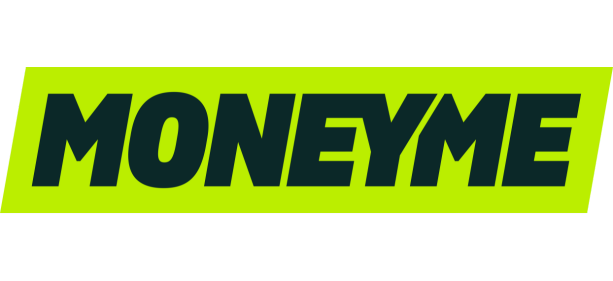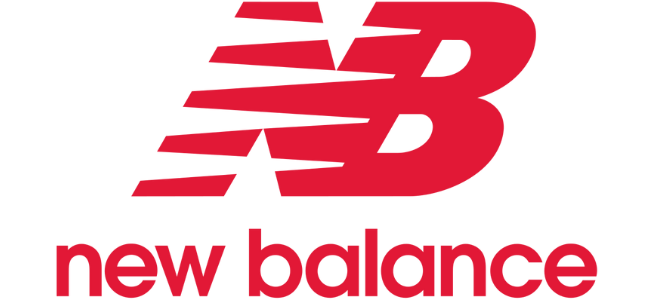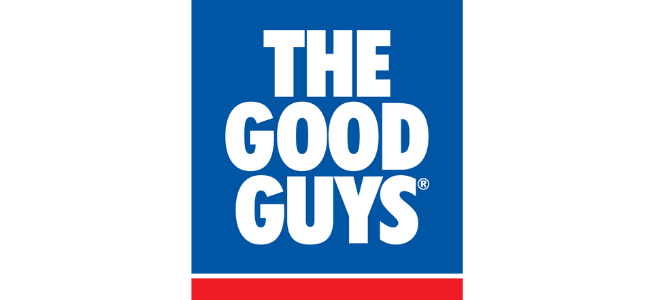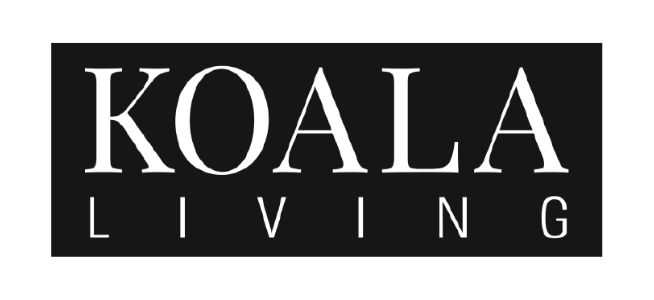Technical SEO & Audits





.png)


















.png)


















.png)














Technical SEO strategies to level up your rankings
only specialists
Tailored Technical SEO Strategy
We take the stress out of technical SEO. Our experts will optimise the infrastructure of your website to help with elements such as search engines crawl, indexing, and page speed optimisation - ultimately to rank your site more effectively.

Why choose StudioHawk for your technical SEO?

4 Steps to Scaling Your Business with StudioHawk
Showing the powerful impact of technical SEO

The #1 technical SEO agency of choice for Australia’s best brands
Our SEO Services
How our Technical SEO services deliver ROI
Our technical SEO services optimise your website for search engines, positioning you as a trusted authority in Google’s eyes. Through a thorough technical SEO audit and SEO technical analysis, we fix any issues that are preventing your content from ranking in Google, and help you reach the top of Google, where potential customers place their trust.
With tailored technical SEO strategies, we address site speed, mobile optimisation, and crawlability, improving your SEO for website performance. This ensures consistent growth through improved site visibility and more targeted traffic.
Our focus on site speed optimisation and resolving technical issues drives better user experience, increasing engagement and conversions. By applying data-driven SEO technical analysis, we ensure your site attracts your ideal customers at scale, even in the most competitive markets.
What our clients are saying.
.png?width=500&height=500&name=Untitled%20design%20(7).png)

.png?width=500&height=500&name=Untitled%20design%20(6).png)
.png?width=500&height=500&name=Untitled%20design%20(5).png)
-1.png?width=500&height=500&name=Untitled%20design%20(8)-1.png)
.png?width=500&height=500&name=Untitled%20design%20(9).png)
.png?width=2000&height=2000&name=Untitled%20design%20(17).png)
.png?width=500&height=500&name=Untitled%20design%20(14).png)
.png?width=500&height=500&name=Untitled%20design%20(12).png)
.png?width=500&height=500&name=Untitled%20design%20(13).png)
Technical SEO Services FAQ
Technical SEO, Australia-wide.
Ready to grow faster with SEO?

Award-Winning SEO Agency
We may be 'Humble Hawks,' but we're also proud of our team's achievements! Your business deserves to partner with an award-winning SEO agency.










 As a Google Partner Specialist and a proud Board Member of the Australian Web Industry Association, we’re committed to leading the industry with integrity, creativity, and results.
As a Google Partner Specialist and a proud Board Member of the Australian Web Industry Association, we’re committed to leading the industry with integrity, creativity, and results.